You may think mindfulness is a spiritual or meditation practice but mindfulness is so much more than that. The benefits of mindfulness are many and you can put mindfulness into action in your work and your life today. Mindfulness allows you to have greater enjoyment of life, as well as improved concentration. Mindfulness can focus and inspire innovation and productivity.
Psychology Today defines mindfulness as, “a state of active, open attention on the present. When you’re mindful, you observe your thoughts and feelings from a distance, without judging them good or bad. Instead of letting your life pass you by, mindfulness means living in the moment and awakening to experience.”
How can a practice of mindfulness benefit your career? Mindfulness can help you do your best work, and feel confidence in your abilities without the stress of your boss’s, client’s or your own expectations. When you are being mindful in your work, you are working in the moment and awakening to your success. Paying careful attention to your work, without judgment, allows you to consider alternative methods to accomplish your work, gain a deeper understanding of business concepts, and opens your mind to innovative and creative ideas.
Let’s consider mindfulness as more than an abstract thought. You can put mindfulness in action in your life this very minute.
Inventory your work
Just as a retail store counts and records the quantity of their product stock, you can inventory your tasks, talents and time.
The purpose of this exercise is not to judge your tasks, talents and time as good or bad, positive or negative. The purpose of your inventory is to assess what you need, what you have, and how much time it will take.
You can start your inventory by answering these simple questions: Who?, What?, Where?, Why?, When?, and How?
Who is the end recipient of the information?
Who will be involved with the task?
What is the purpose of the project?
What do you need to accomplish the task?
What is the desired result?
Where will your report be put to use?
Why is it needed?
When is it needed?
How will you accomplish the task?
How is the desired result measured?
Recognize your limitations
Once you’ve taken your project inventory, assess the tools you need to accomplish the desired result. It’s important not to judge your inventory results, only to recognize what you have versus what you need.
It’s likely there are tools, skills or resources you need that you don’t have. This is your opportunity to ask for help, delegate, ask for more time, or determine a boundary. Setting a boundary may sound something like, “I haven’t been trained on this project, but I’m willing to give it my best effort.”
Accepting your limitations doesn’t mean you’re not up to the task, it does tell your employer or client you’re taking ownership of your product, that you care about communication and meeting shared goals and needs.
Engage yourself in your work
Have you ever worked on project that didn’t require much thought or attention and you simply did exactly what you were told without considering the task in front of you? Don’t be content to merely do, instead you can be present. Think about what you are doing!
Consider your actions. You are encouraged not to judge your actions as right or wrong, simply consider them. What are you doing? What other method, software, or process might you use? Brainstorm possibilities from the realistic to the ridiculous, even if you don’t change your action. Sometimes it’s enough to know your options.
What skills, talents and experience are you putting to good use? Think about past projects where you may have used similar solutions or methods. Perhaps you can refresh an languishing skill or expand your experience.
How does your work align with your client, team or company? You are part of something bigger, an essential member of a larger community. What you do affects that larger community, just as your community affects you. This awareness can lead to collaboration, information sharing, and appreciation.
Be thoughtful about what you’re doing. Engaging in your work means you are mindfully participating, considering your actions, methods and your responsibility. When you are being mindful in your work, you are actively engaging and participating in your career and your success.
Photo Credit: Copyright (c) 123RF Stock Photos
Want to read more about introducing mindfulness into your daily life? Check out my book, Beautiful Badass: How to Believe In Yourself Against the Odds!


